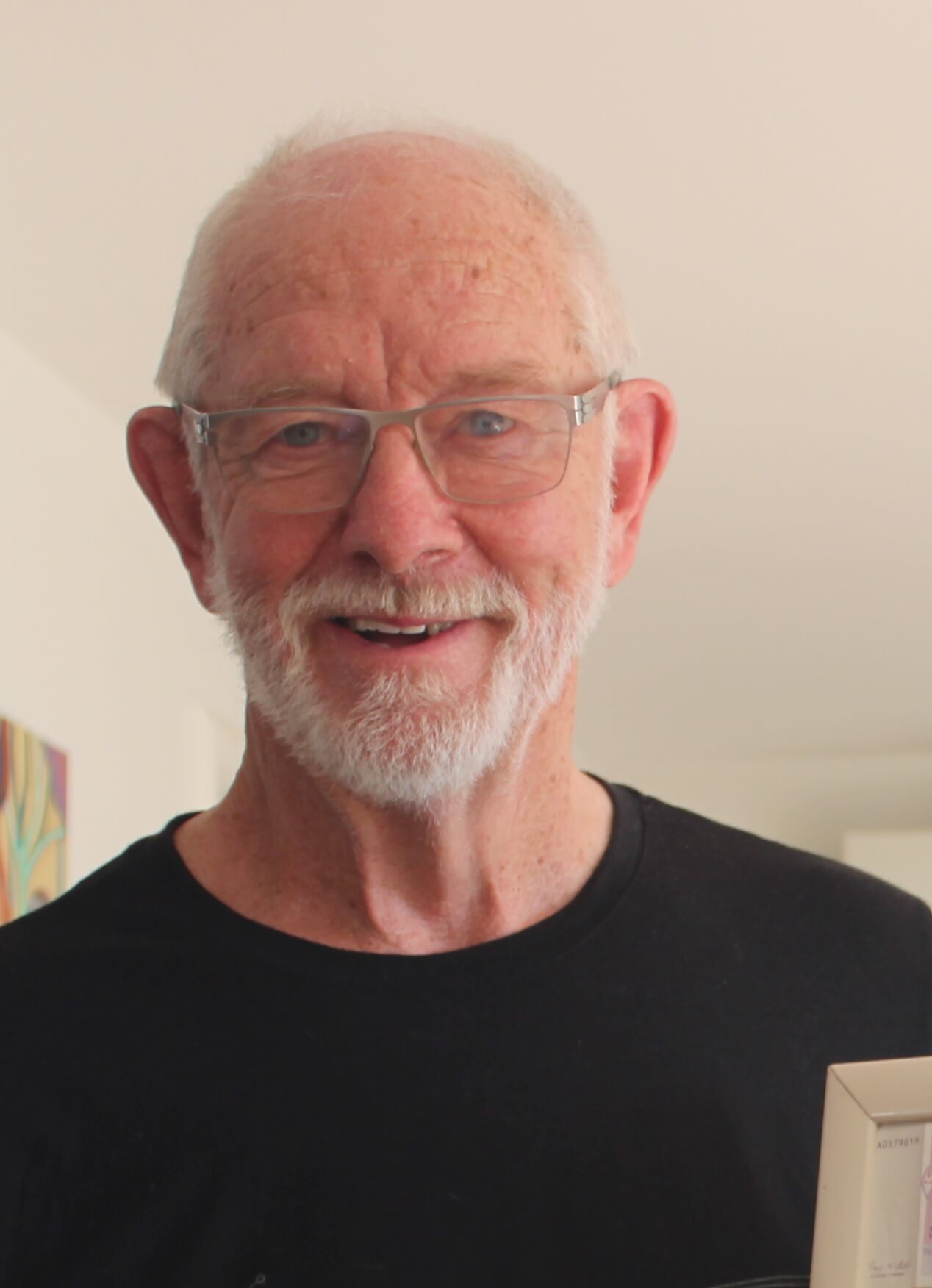
I attended an economics conference at Waikato University on February 15 and 16.

Peter Nicholl
The topics discussed included the future of agriculture, the state of the health sector, demographic changes, the tax system, social investment, trade in a divided world, monetary policy, Treasury and the state of the books, unclogging the infrastructure arteries, climate change and the future of Fintech.
All big issues. Clearly economists believe they have something useful to say about everything. I am an economist. I think economists are justified in having that view. However, the mistake a lot of economists make is that they think economists are the only ones who have anything useful to say on many issues. That is never the case. Debates on all economic and policy issues are always improved by hearing a wide range of views.
There were many interesting points made at the conference – but also a lot of alarming ones. As economics is often called the gloomy science, I will give some of the points I found alarming.
The Reserve Bank is oblivious to the enormous negative impacts of their low interest rate and quantitative easing policies. Inflation has been above their target range for 11 quarters (and will be for at least three more), their quantitative easing policies will end up costing the country at least $12 billion (and one speaker said the policy had delivered no demonstrable benefits). Despite these terrible outcomes, the Reserve Bank has congratulated itself and intends to keep these instruments in its policy arsenal to use again.
Government expenditure ratchets up dramatically when there is a crisis. That is usually appropriate. New Zealand’s problem in recent times is that it has only come back slightly when the economy improved.
When government expenditure rises rapidly in response to a crisis, the quality of the expenditure gets forgotten.
Government agencies are often chasing accounting targets rather than focusing on the impacts and outcomes they achieve.
We are told now that NZ has an infrastructure deficit of at least $200 billion. This gap hasn’t suddenly developed. It’s been building up for decades. Why didn’t economists (and politicians) see it and start talking about it much earlier?
New Zealand has got very bad at getting things built. Big projects require vision, leadership and perseverance. We now have little vision, little leadership and has frequent changes rather than perseverance.
The Reserve Bank’s operational expenditure rose by 137% over the last six years. This was at the same time as the Reserve Bank was lecturing people on the importance of constraining expenditure in order to reduce inflationary pressures. It was certainly a case of the Reserve Bank saying ‘do what I say, not do as I do’.
What were the control agencies, the Reserve Bank Board, the Treasury and the Minister of Finance doing? I remember the first time we had to renegotiate our funding under the new financial arrangements put in place in the late 1980s. It was a very short negotiation. Minister of Finance Ruth Richardson said the increase in the Reserve Bank’s funding for the next five years was going to be zero – end of the discussion.
Not everything said at the conference was doom and gloom. There were some positive points made and even some glimmers of hope for the future. I might put some of them in a future column.

Piggy bank.








